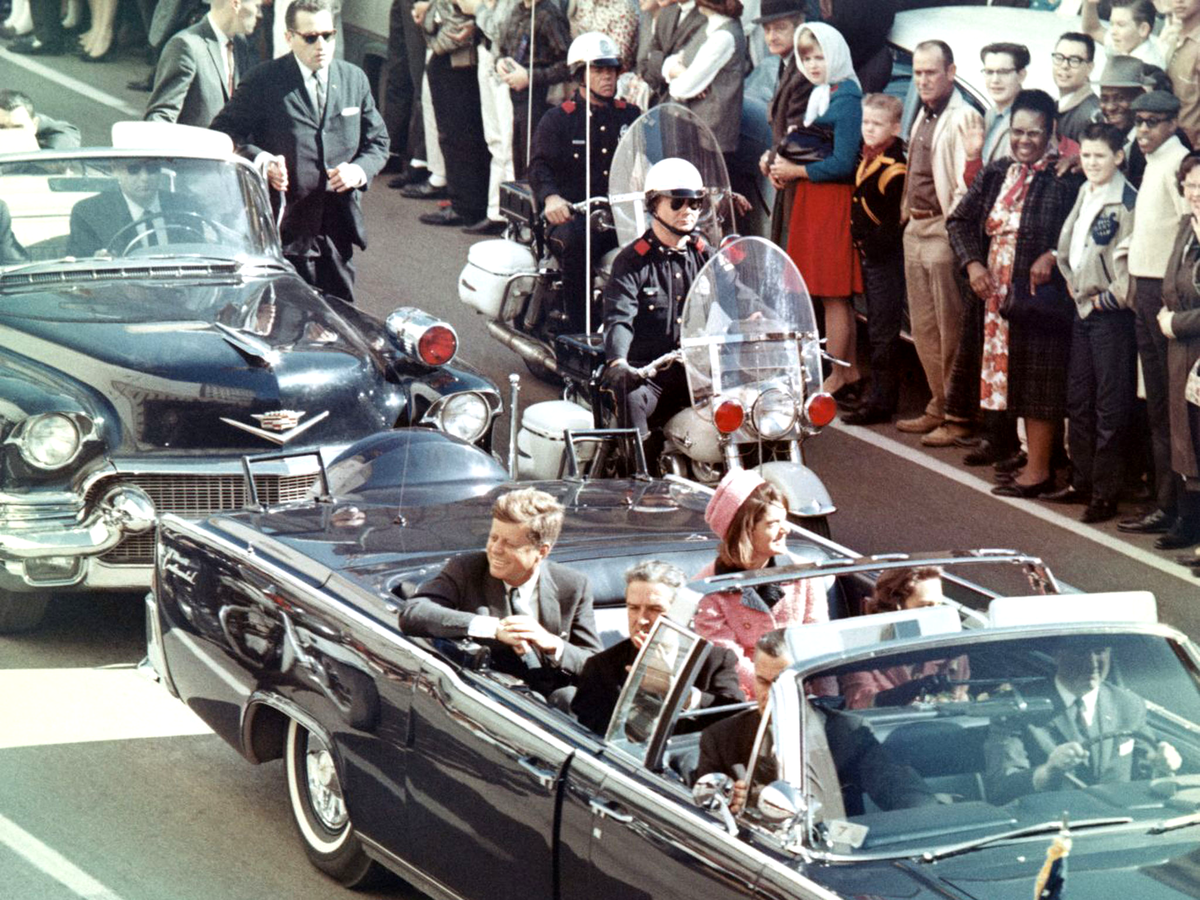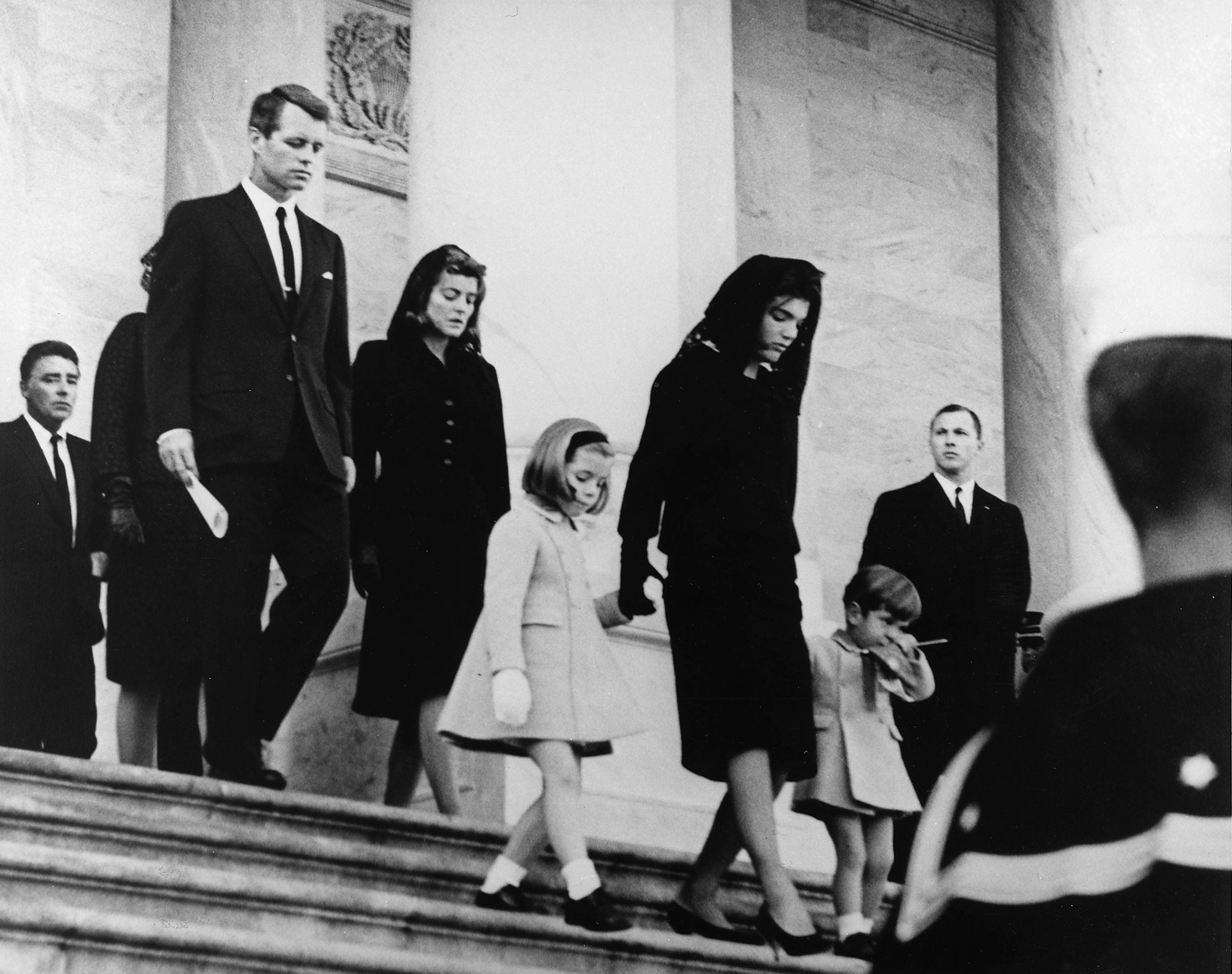
John F. Kennedy, commonly known by his initials JFK, is a figure whose name evokes a multitude of emotions and memories for people around the globe. His life story is a complex tapestry interwoven with the themes of **politics**, **tragedy**, and **hope**, reflecting the multifaceted nature of his existence. Born into a prominent family, JFK’s early years were marked by privilege and ambition, which laid the groundwork for his future endeavors. As we explore his **political career**, we will uncover the challenges he faced, the groundbreaking policies he championed, and the vision he had for America. Furthermore, we will examine the profound **impact** he left on both the nation and the world, from his inspiring speeches to his tragic assassination, which forever altered the course of history. Join us as we embark on a journey through the life of one of the most iconic leaders of the 20th century, shedding light on the legacy that continues to influence generations.
Early Life: A Competitive Upbringing

Family Background
John Fitzgerald Kennedy, commonly known as JFK, was born on May 29, 1917, in the affluent suburb of Brookline, Massachusetts. He was the second child in a large family that ultimately comprised nine siblings, all raised in a devoutly **Roman Catholic** household with deep **Irish roots**. His father, Joseph P. Kennedy, was a prominent businessman whose ventures spanned various industries, including **banking**, **bootlegging**, and **film production**. This wealth and influence provided the family with a privileged lifestyle and significant social standing. JFK’s mother, Rose Fitzgerald Kennedy, hailed from a politically active family; her father had served as the mayor of Boston. This background not only instilled a sense of duty and ambition in JFK but also laid the groundwork for his future involvement in politics.
Education and Early Interests
JFK’s educational journey was characterized by a competitive spirit, largely fueled by the dynamic interactions with his siblings. The Kennedy family often engaged in lively games of touch football, which became a cherished tradition and a source of bonding among the brothers. This competitive nature extended into their academic pursuits. JFK attended Harvard University, where he excelled in his studies and developed a keen interest in political science. His senior thesis, which examined the factors leading to England’s unpreparedness for World War II, was later published as the best-selling book, **”Why England Slept.”** This work not only showcased his intellectual capabilities but also marked the beginning of his public life as a writer and thinker.
Military Service
In 1941, as the world was engulfed in the turmoil of World War II, JFK made the decision to join the **U.S. Navy**. His military service was distinguished and marked by acts of valor; he commanded a patrol torpedo boat, PT-109, in the Pacific theater. During a harrowing encounter with enemy forces, he displayed remarkable bravery and leadership by rescuing his crew from perilous circumstances after their boat was sunk. For his courageous actions, he was awarded the **Navy and Marine Corps Medal**, an honor that not only recognized his heroism but also significantly shaped his character and leadership style in the years to come. This experience in the Navy would later influence his approach to governance and public service, instilling in him a profound sense of responsibility and commitment to his country.
Political Ascent: From Congress to the Presidency

Congressional Career
Following his service in World War II, John F. Kennedy made a significant transition into the realm of politics, marking the beginning of a distinguished career. He was elected to represent the state of Massachusetts in the **U.S. House of Representatives**, where he served from 1947 until 1953. During his time in the House, JFK quickly distinguished himself through his remarkable charm, keen intellect, and ability to connect with constituents. His engaging personality and insightful perspectives on various issues helped him rise rapidly within the ranks of the **Democratic Party**, earning him recognition as a promising young leader with a bright future in American politics.
Senate and Presidential Campaign
In 1953, JFK’s political journey took another significant step forward when he was elected to the **U.S. Senate**. This position allowed him to further solidify his reputation as a dedicated public servant and an influential voice on key national issues. His presidential campaign in 1960 was particularly groundbreaking, as he made history by becoming the first **Roman Catholic** president of the United States. JFK’s charisma and eloquence resonated deeply with the American public, especially during the first-ever televised presidential debates, where his confident demeanor and articulate responses captivated viewers and helped him secure a narrow victory.
Inauguration and Early Presidency
On January 20, 1961, John F. Kennedy was inaugurated as the 35th president of the United States, stepping into a role that would define his legacy. His inaugural address is particularly memorable for its powerful call to action, urging a new generation of Americans to embrace the ideals of **public service** and **global responsibility**. JFK’s vision for the nation inspired many and set the tone for his administration, which would face numerous challenges and opportunities in the years to come.
Key Achievements and Challenges

Domestic Policies
During John F. Kennedy’s presidency, which lasted from 1961 until his assassination in 1963, he implemented a series of impactful domestic initiatives that aimed to address pressing social issues and improve the lives of American citizens. One of his most notable achievements was the establishment of the **Peace Corps**, an organization designed to promote international peace and friendship by sending American volunteers to assist in development projects around the world, particularly in underprivileged areas. Additionally, JFK launched the **Alliance for Progress**, a program focused on fostering economic cooperation and development in Latin America, with the goal of strengthening diplomatic ties and countering the influence of communism in the region. Furthermore, Kennedy was a staunch advocate for civil rights, actively pushing for legislation that sought to dismantle racial segregation and promote equality for all Americans, regardless of their race. His commitment to these domestic policies reflected his broader vision for a more just and equitable society.
Foreign Policy: The Cuban Missile Crisis
One of the defining moments of JFK’s presidency occurred during the **Cuban Missile Crisis** in October 1962, a tense 13-day confrontation between the United States and the Soviet Union. This crisis arose when American intelligence discovered that the Soviet Union was secretly installing nuclear missiles in Cuba, just 90 miles off the coast of Florida. Faced with the imminent threat of nuclear war, Kennedy’s calm demeanor and decisive leadership were crucial in guiding the nation through this perilous period. He skillfully communicated with both the American public and world leaders, employing a strategy of careful negotiation and diplomacy that ultimately led to a peaceful resolution. His ability to maintain composure under pressure and to make informed decisions in the face of potential catastrophe was instrumental in diffusing the situation and averting a nuclear disaster.
The Nuclear Test-Ban Treaty
In 1963, as part of his broader efforts to promote global peace and reduce the threat of nuclear conflict, JFK signed the **Nuclear Test-Ban Treaty**. This landmark agreement prohibited all nuclear weapon tests in the atmosphere, underwater, and in space, marking a significant step toward easing nuclear tensions during the Cold War. The treaty not only demonstrated Kennedy’s commitment to fostering international cooperation and security but also reflected his understanding of the urgent need to address the dangers posed by nuclear proliferation. By advocating for this treaty, JFK aimed to pave the way for a safer world and to encourage further disarmament discussions among nuclear powers.
The Tragic Assassination
:max_bytes(150000):strip_icc():focal(999x0:1001x2)/jfk-assassination-1-f4a5be35ac1a434ab1f1f896d46ce5aa.jpg)
November 22, 1963
Tragedy struck on November 22, 1963, when JFK was assassinated in Dallas, Texas. The nation was plunged into mourning, and questions surrounding his death remain a topic of debate and speculation to this day.
Legacy and Impact
JFK’s legacy is complex. He inspired a generation with his vision of a better future and his call to action. His presidency, though cut short, left an indelible mark on American history. The **Kennedy family** continues to influence politics and culture, reminding us of the ideals JFK stood for.
Debates and Controversies

The Cuba Embargo
The **Cuba embargo**, enforced during JFK’s presidency, remains a contentious issue. Some argue it was necessary for national security, while others believe it has failed to achieve its goals and should be lifted. This debate continues to shape U.S.-Cuba relations today.
Health Issues and Public Perception
Despite his public persona, JFK struggled with **Addison’s disease** and chronic back pain. These health issues were largely concealed from the public, raising questions about transparency in leadership. His reliance on medication to manage pain adds another layer to his complex legacy.
:max_bytes(150000):strip_icc():focal(999x0:1001x2)/jfk-assassination-5-b56457094e7c4064938073ee6d86032e.jpg)
John F. Kennedy’s life was a blend of triumph and tragedy. His vision for America and the world continues to inspire leaders and citizens alike. As we reflect on his contributions, we are reminded of the importance of **leadership**, **courage**, and the pursuit of a better future.
Table: Key Events in JFK’s Life

| Year | Event |
|---|---|
| 1917 | Born in Brookline, Massachusetts |
| 1941 | Joined the U.S. Navy |
| 1947 | Elected to the U.S. House of Representatives |
| 1960 | Elected as the 35th President of the United States |
| 1962 | Cuban Missile Crisis |
| 1963 | Assassinated in Dallas, Texas |

